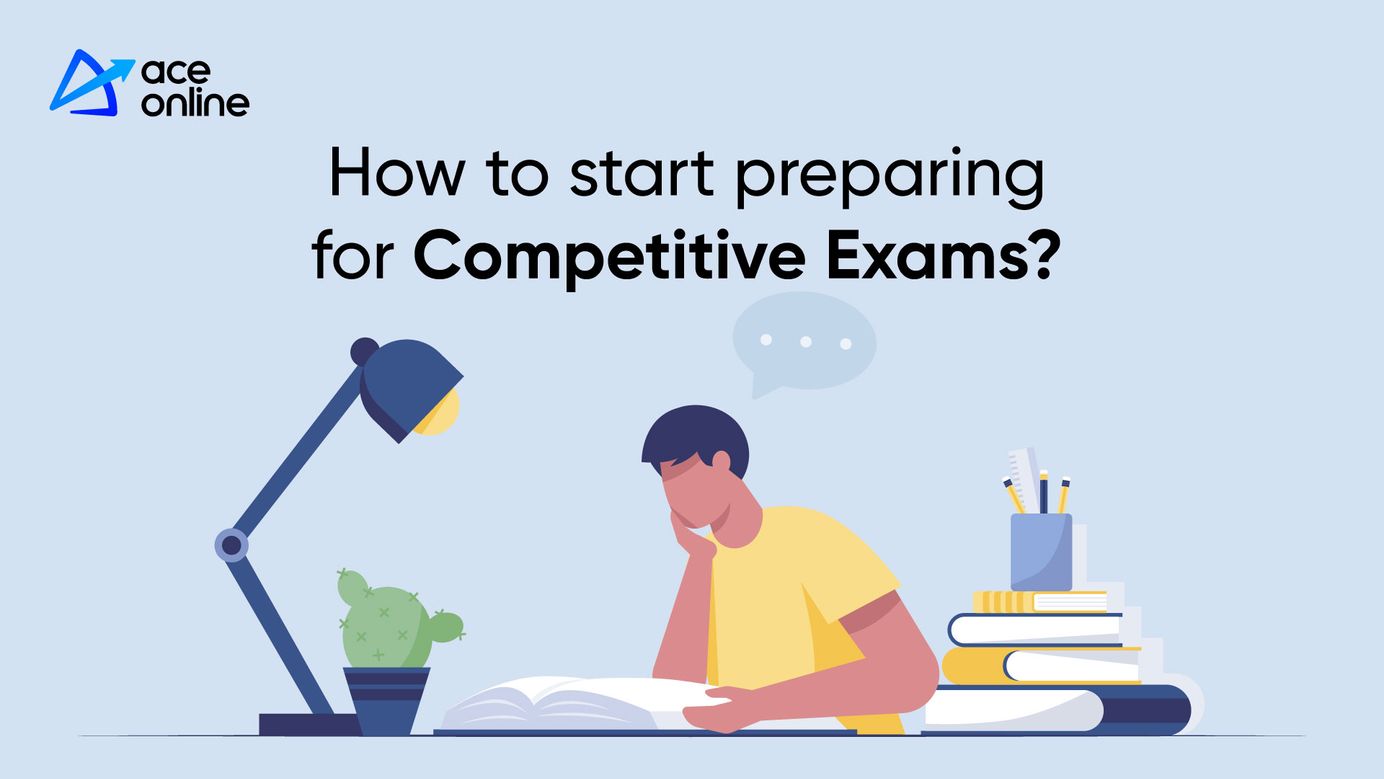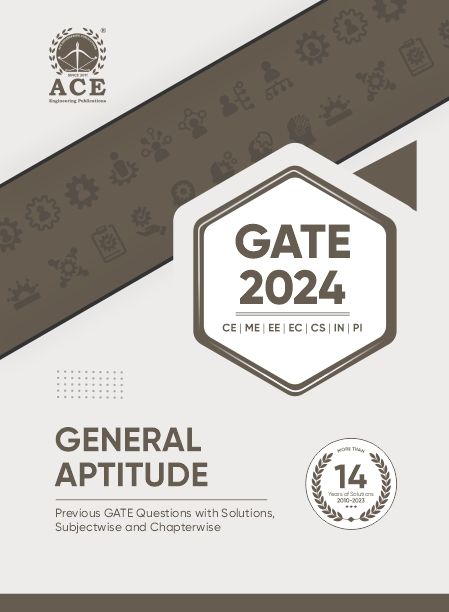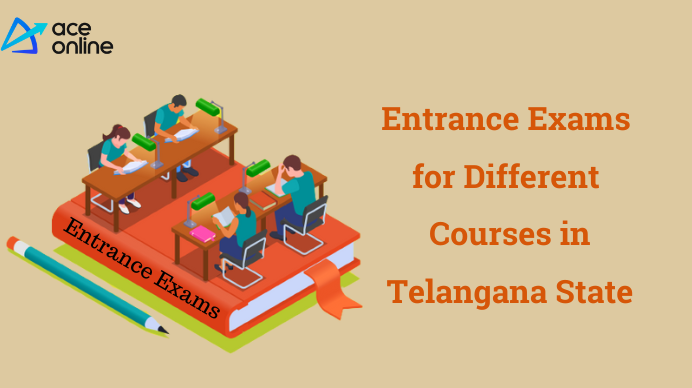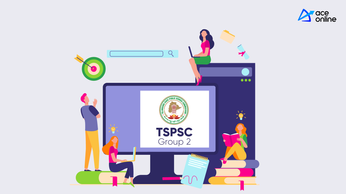
How to start preparing for Competitive Exams?
Preparing for competitive exams is a crucial step toward securing a Job in today's competitive world. These exams test your Knowledge, Skills, and Aptitude in various fields, and are a gateway to some of the most prestigious and sought-after job opportunities.
Preparing for competitive exams is a crucial step toward securing a Job in today's competitive world. These exams test your Knowledge, Skills, and Aptitude in various fields, and are a gateway to some of the most prestigious and sought-after job opportunities. However, preparing for these exams can be a daunting task, especially if you are unsure where to start. In this guide, we will provide you with some useful tips and strategies to help you kick-start your preparation and increase your chances of success in competitive exams. Whether you are a fresh graduate or a working professional looking for a career change, this guide will equip you with the necessary tools to get started on your journey toward achieving your career goals.
Due to the slowdown of foreign education opportunities due to covid and the reduction of employment opportunities in the private sector, the new focus is on government jobs. Large-scale students started preparing for Banking, Railways, and central State Government jobs. If this effort falls into the right groove and continues, you will reach the desired goal. They can overcome obstacles and get their dream jobs! The main doubt among youngsters who are new to the field of competitive exams is how to start their preparation for these exams.
Understand Question Pattern
Questions in competitive exams range from basic to extremely difficult. Therefore any competitive exam should be started from the basics in the beginning. Fundamentals vary depending on the format of the exam. Those who want to write UPSC and State Service Commission exams should first read school-level books i.e. NCERT and SCERT-published books. While reading that, you can see the past papers and decide what to give priority to. Similarly, you have to select and read the lessons while keeping in mind the syllabus released by the recruiting company. Those who prefer jobs like Banking and Railway should study General English, Arithmetic, Reasoning, General Knowledge, etc. at the basic level first. Only then will the foundations for the next level be formed.
Deep Level
After completing the study of the basic topics, the subject knowledge should be broadened and studied in depth keeping in mind the level of the exam being prepared. To do that one should first read all available books. But candidates should keep in mind that questions will not be asked from any book. A very popular book means that the concepts in it are somewhat easily understood by the candidates. Don't just assume that all questions will come from that. All the subjects should be studied from university books to prepare at a higher level.
Books like Arithmetic and Reasoning are not available from universities so one can rely on popular publications. Google information is very useful for in-depth study. Those writing in regional languages have some difficulties in accessing information in this way.

How to Face Uncertainty?
Candidates will be on their way to success only when they get used to the philosophy of competitive exams, out of the nature of academic exams. While preparing for academic exams there are clear guidelines like specific books, specific syllabi, specific question paper blueprints, etc. But the clarity of such guidelines is very limited for competitive exams. There is no clarity of scope. As a result, no matter how much you study, there is no guarantee that you will get a job. There may or may not be questions following the syllabus. There may or may not be pre-defined question forms. Only when there is a mentality to face such an uncertain situation, candidates have a chance to excel in competitive exams. Without such a state of mind, there should not be a situation where you read a book or two and spend all your time on it and get disappointed after getting results.
Long-term Planning is Essential
Job opportunities are very limited due to the shortage of vacancies. Hence the chances of success are very few. That is why candidates should first assess their abilities. Apart from deciding whether they are suitable for these jobs, they also need to make sure that they have all the skills required for those jobs. Only then should this competition be entered into. Expecting results in three or six months is not realistic considering the situation.
Two Years Time should be Dedicated
Aspirants for the service commission exams should prepare by spending at least one to two years. No matter how careful the service commissions are, in many cases, they have to wait for years to write the exams due to court cases and other issues; Wait for the upcoming results. Even though UPSC conducts exams following a strict timetable due to nationwide competition, one has to work hard for years to succeed. Even in the Railway and Banking sectors, even if the examinations are conducted according to the timetable, it is not easy to get a job. Therefore, if you plan at least one year and a maximum of two years in advance, there is a chance of achieving good results.
Follow these Steps
1. One should prepare for competitive exams with full strength. In the face of intense competition, preparing for academic exams and preparing for competitive exams leads to a situation where nothing can be done justice.
2. Preparing for competitive exams should never be a chore. Chances of success improve when the same is the overall goal. For many reasons, some people think that they can prepare by doing jobs. This idea will give proper results only in people who are fully capable. In the case of most candidates, if 100% energy is not used, the result will not come.
3. When new youth appear for competitive exams, the opportunity that comes now is social media and the cyber world. Various advice, guidance, and subject knowledge have become widely available on social media. Especially if the youth does not have the right perspective on how to use this information, it will do more harm than good.
4. The reliability of various information received on social media should be verified first. It is better to use the information obtained after considering the experience behind it.
5. Reading newspapers is a very important thing. Newspapers can provide the latest information for UPSC and State Service Commission exams in many subjects like Politics, Economy, Science and Technology, Current Affairs, General Knowledge, etc. D
6. Daily reading of editorials in daily newspapers will increase the depth of analysis as well as the application aspect. Those who depended on newspapers like this and not on any book got good results in the past.
7. Candidates should also note the study of government publications as a compulsory subject. Yojana, Kurukshetra, New India Information, India Year Book, Telangana, etc. make the candidates aware of the government policies, methods, strategies, and programs.
8. Must have mastery over budget and economic surveys. For that the information given by Press Information Bureau is reliable. It can also be used. Some of these magazines are available in Telugu and English in e-book form for free.
In conclusion, preparing for competitive exams requires dedication, hard work, and a well-planned strategy. With the right mindset and approach, anyone can excel in these exams and secure a fulfilling career. The tips and strategies outlined in this guide can serve as a starting point for your preparation journey. Remember to stay motivated, manage your time effectively, practice regularly, and seek guidance when needed. By following these principles and putting in consistent effort, you can increase your chances of success in competitive exams and achieve your career goals.
ACE Online Newsletter
Join the newsletter to receive the latest updates in your inbox.






